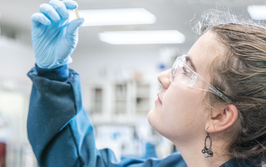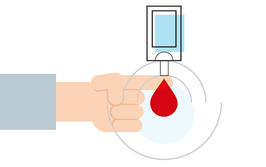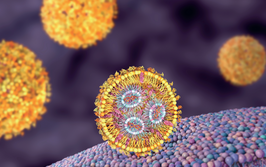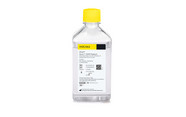Making Therapeutic History
The wait is over: the FDA gives a ‘thumbs-up’ to the first CAR-T therapy
“We’re entering a new frontier in medical innovation with the ability to reprogram a patient’s own cells to attack a deadly cancer.” So said FDA Commissioner Scott Gottlieb, commenting on the landmark FDA approval for a CAR-T cell-based gene therapy (1). Novartis’ Kymriah (tisagenlecleucel) was approved at the end of August to treat pediatric acute lymphoblastic leukemia (ALL) – a cancer of the bone marrow and blood. Gottlieb added, “New technologies such as gene and cell therapies hold out the potential to transform medicine and create an inflection point in our ability to treat and even cure many intractable illnesses.”
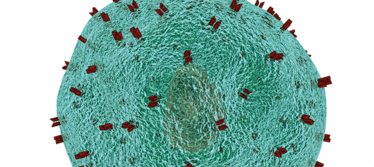
What does the Kymriah treatment involve?
- The patient’s own white blood cells are removed, cryogenically frozen, and shipped to a Novartis site.
- Monocytes and B-lineage lymphoblasts are separated (after thawing).
- T cells are activated with an anti-CD19 CAR transgene, which gives them the ability to seek out and destroy cancerous cells that express CD19.
- T cells are expanded, washed, cryogenically frozen, and sent back for reinjection into the patient.
The approval is considered an important regulatory milestone for the CAR-T field. Public Affairs Specialist for the FDA, Andrea Fischer, says, “The approval pathway for Kymriah was essentially the same as other biological products requiring licensure. However, the FDA did grant Kymriah Priority Review and Breakthrough Therapy designations – meeting with the sponsor throughout its development and clinical trials.”
Eric Althoff, Head of Global Relations at Novartis, adds that Kymriah was approved more than a month ahead of the October 3 approval deadline – and the company isn’t done yet. “Novartis plans additional filings for Kymriah in the US and EU later this year, including applications for the treatment of adult patients with r/r diffuse large B-cell lymphoma (DLBCL),” says Althoff. Novartis are also working on a number of other CAR-T therapies, in collaboration with the University of Pennsylvania, to treat multiple myeloma, glioblastoma, ovarian cancer, and more.
Though Kymriah is the first CAR-T approval, other companies, such as Kite Pharma, are hot on Novartis’ heels, so it’s unlikely to be the last.
- FDA, “FDA approval brings first gene therapy to the United States”, (2017). Available at: bit.ly/2grlPdB. Accessed September 12, 2017.
My fascination with science, gaming, and writing led to my studying biology at university, while simultaneously working as an online games journalist. After university, I travelled across Europe, working on a novel and developing a game, before finding my way to Texere. As Associate Editor, I’m evolving my loves of science and writing, while continuing to pursue my passion for gaming and creative writing in a personal capacity.

